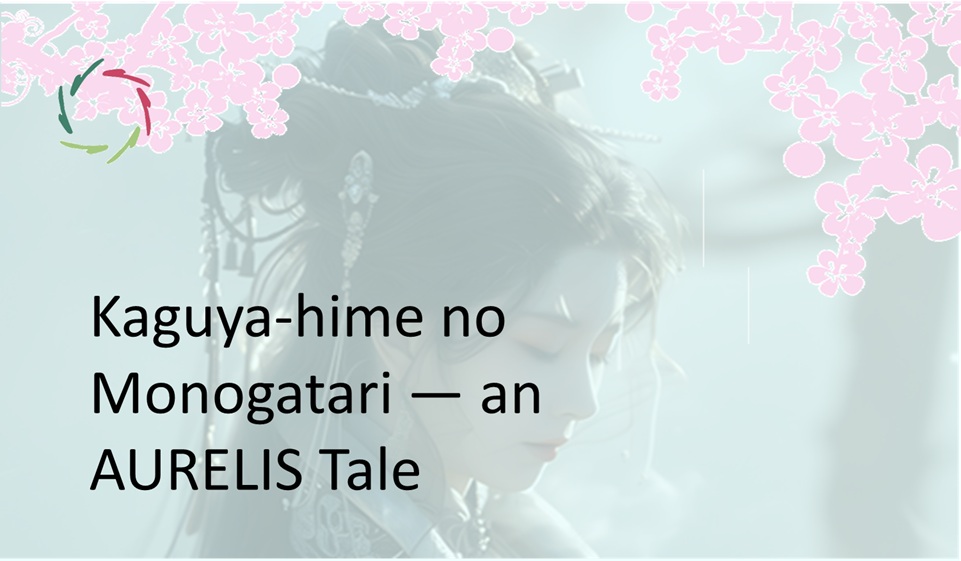Object-Science Versus Subject-Science

Science about objects: physics, chemistry… Science about subjects: psychology, history… Both sciences are different and important.
Alpha, beta, positive etc. Let’s skip that
and simply talk about object- versus subject-science. This is related to, respectively, closed-world versus open-world phenomena.
Explanatory analogy: A cloud (‘open world’ with lots of possible influences in all directions) doesn’t fit as such in a box (‘closed world’).
Subjects much more readily belong to an open world and within subjects, probably most of all the deeper layers of mental – subconceptual – processing. [see: ‘About ‘Subconceptual’] Thus, it’s important to AURELIS.
One should not ask for the same kind of scientific proof in both, or one risks excommunicating the open-world – thus: all that is subjective – from science altogether. That cannot be the intention. The subjective is the most important. Even more: ‘importance’ IS subjective.
It’s a scientific error to try and squeeze an open world into a closed world
where it doesn’t fit.
Further upon our analogy: If indeed you squeeze a cloud in a box, it doesn’t anymore behave like a cloud. It doesn’t anymore look like a cloud. That’s because it isn’t a cloud anymore. Thus, experiments in the box will not indiscriminately be applicable to the initial cloud.
One of the consequences shows itself nowadays as the ‘reproducibility crisis in psychological research’. Namely: repeated studies give (very) different results, even those deemed to be of the highest rigor. The world of human psyche is more ‘open’ than many scientists would like.
Subject-science appears to be (even much) more difficult than object-science.
One result: what do we know about the influence of psychotherapeutic models upon well-being of clients? Much less than was thought only a decade ago. And that already wasn’t that much.
Medicine also operates in a very open world inasmuch as psyche is involved.
Here we have an additional difficulty in that many researchers/practitioners still operate in a mostly Cartesian mindset (of strict mind/body divide). Quite a few colleagues of mine – OK, let’s be: honest: incomprehensibly many – try to see medicine as a much more somatic (bodily) endeavor than it possibly can be.
Anyway, as far as the psyche is involved, we have the same open-world difficulties as above.
One result: although we know that psyche plays a huge role, we know little about how and how much. In many cases, the role of psyche is being downgraded towards a little as possible, or even less.
Of course, this goes back to the cradle of modern Western medicine, its mirroring itself on the then revered clockwork-like physics, its huge emphasis on an urge to emancipate itself from the magical thinking of the preceding era, etc.
Although the physics of that day was completely closed-world, the world of health and healing has never been such. Unfortunately, we now have a medicine that has been basically conceived for a box it doesn’t well fit in as regards psycho-somatics.
Problems, problems…
An open world is much less easy to ‘falsify’.
[Falsification: where one tries to disprove a hypothesis. This is the basis of present-day ‘hard’ science.]
This is precisely because of what ‘open’ means: open to all kinds of influences that can act as biases and therefore need huge experimental rigor to avoid them. Moreover, at any time a new influence can be discovered that diminishes or annihilates the importance of prior results.
Still, science is of utmost importance.
What should not be done, is claiming more than what the studies reveal.
In psychotherapy, we should of course still perform experimental-scientific studies. In addition to this, we should also put much more emphasis on sound theoretical thinking.
Absolutely.
With AURELIS, sound prospective studies are very much needed. So, if you want to cooperate, please let me know!


